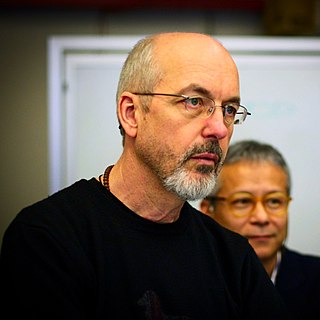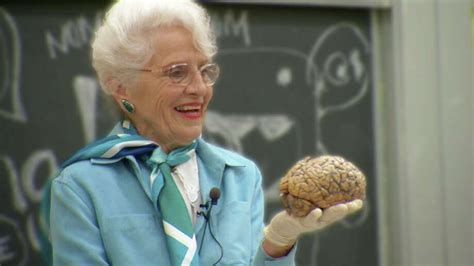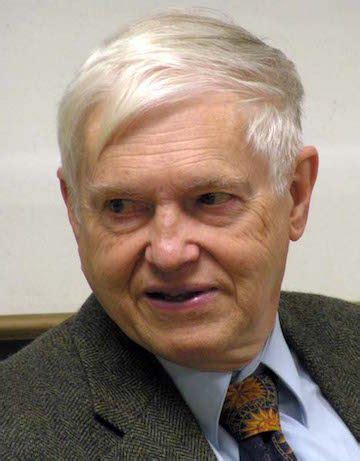A Quote by Bill Viola
The human brain is probably one of the most complex single objects on the face of the earth; I think it is, quite honestly.
Related Quotes
The human brain is the most public organ on the face of the earth, open to everything, sending out messages to everything. To be sure, it is hidden away in bone and conducts internal affairs in secrecy, but virtually all the business is the direct result of thinking that has already occurred in other minds.
Since functional brain imaging first emerged, we have learned that there aren't very many brain regions uniquely responsible for specific tasks; most complex tasks engage many if not all of the brain's major networks. So it is fairly hard to make general psychological inferences just from brain data.
I have been trying to think of the earth as a kind of organism, but it is no go. I cannot think of it this way. It is too big, too complex, with too many working parts lacking visible connections. The other night, driving through a hilly, wooded part of southern New England, I wondered about this. If not like an organism, what is it like, what is it most like? Then, satisfactorily for that moment, it came to me: it is most like a single cell
Alpha waves in the human brain are between 6 and 8 hertz. The wave frequency of the human cavity resonates between 6 and 8 hertz. All biological systems operate in the same frequency range. The human brain's alpha waves function in this range and the electrical resonance of the earth is between 6 and 8 hertz. Thus, our entire biological system - the brain and the earth itself - work on the same frequencies. If we can control that resonate system electronically, we can directly control the entire mental system of humankind.







































